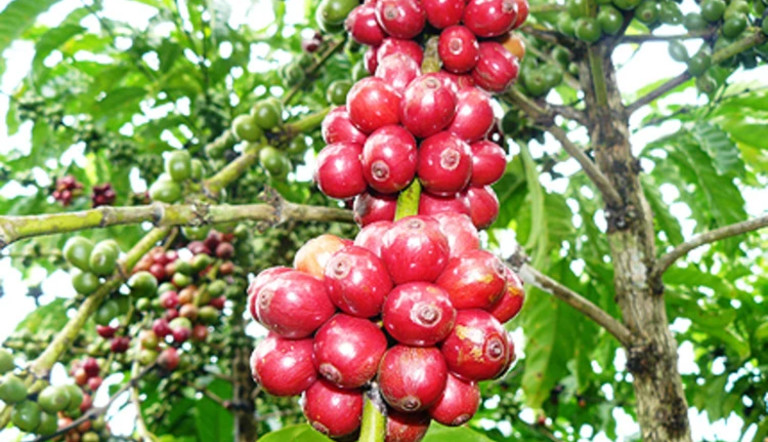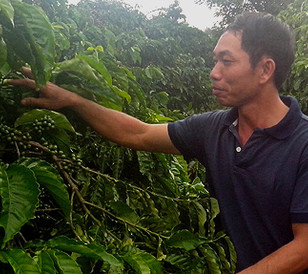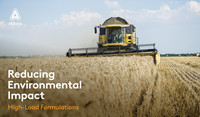
How Vietnam became a world coffee player

The Vietnamese coffee industry now employs 2.6 million people and coffee has helped pull many out of poverty. Moreover, coffee processors and the government are working with specialist organisations such as Rainforest Alliance, UTZ and 4C to ensure that coffee production is sustainable, providing a better living for farmers while nurturing Vietnam’s unique landscapes and offering a wonderful taste to people around the world.
The French introduced coffee into Vietnam in the 1850s. Despite the building of coffee processing plants in the mid-20th century, 125 years later the crop was only being grown on 13,000 hectares of land which produced 6,000 tonnes of coffee.
In the 1980s the Vietnamese government realised that coffee could become an important crop earning export revenue for the country and creating employment. Rules governing ownership and production were liberalised and many hectares of coffee crops were planted. By the 1990s production was growing at up to 30% a year and now more than 670,000 hectares of coffee have been established, producing 1.5 million tonnes a year or the equivalent of 27.5 million 60kg bags of dried beans.
That is more than half of Asia’s entire production and second to only Brazil with its 43.2 million bags. Coffee has become Vietnam’s second most important crop by volume after rice and is the most important by value.
Although the Vietnamese have got a taste for coffee, most of the production is exported with as much as 90% of production shipped around the world. The country specialises in Robusta coffee meaning that it does not directly compete with countries such as Brazil that specialise in Arabica coffee. It is the only Robusta growing country in the Northern Hemisphere.
The current government policy is to keep the coffee area stable, but to increase yields and exports so that more income is generated from the crop.



